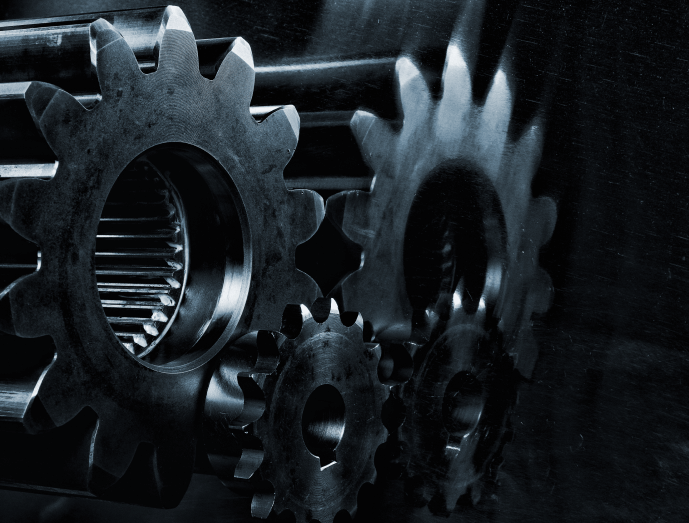OTHER THERMAL PROCESSES & OVENS
MORE WAYS TO HARNESS THE POWER OF HEAT
-
Chemical Processing
: Refers to the use of controlled heating environments to facilitate chemical reactions, alter material properties, or process substances in industries such as pharmaceuticals, petrochemicals, electronics, and advanced materials. -
Burn off or Clean Out
: Also referred to as "thermal cleaning" or "pyrolysis" cleaning, removes contaminants like grease, paint, or organic materials through high-temperature incineration. -
Carbonization
: Sometimes called "pyrolysis", converts organic materials to carbon by heating in a low-oxygen environment. -
Chemical Processing
: Refers to the use of controlled heating environments to facilitate chemical reactions, alter material properties, or process substances in industries such as pharmaceuticals, petrochemicals, electronics, and advanced materials. -
Dehydrating
: More commonly termed "drying", this thermal processing removes moisture from products like textiles, pharmaceuticals, ceramics, and food products.
-
Descaling
: Sometimes called "scale removal" or "oxide removal", breaks down hazardous organic compounds into harmless byproducts. -
Foam Expansion
: Also called "foaming" or "polymer expansion", processes materials like polyurethane to achieve desired shapes and densities. -
Gas or Vapor Phase Coating
: Process used to deposit thin layers of material onto a substrate using chemical or physical vapor techniques. It includes processes like "chemical vapor deposition (CVD)" or "physical vapor deposition (PVD)." -
Hardening
: Also referred to as a "heat treating" or "case hardening" process, increases the hardness and wear resistance of metals through heat and quenching. -
Heat Shrinking
: Refers to a process also known as "thermal contraction" where heat is applied to a material, causing it to shrink in size and conform tightly to the shape of the object it covers.

-
Hot Forming
: Process where metals or other materials are heated to a specific temperature to become malleable, enabling them to be shaped or formed into desired structures. Sometimes it's called "hot working" or "thermal forming". -
Material Testing
: The process of subjecting materials to controlled heating conditions to assess their properties, performance, and behavior. Depending on the test, this may include "thermal analysis" or "stress testing." -
Normalizing
: Normalizing or "thermal normalizing" refines the grain structure of steel and other alloys to enhance mechanical properties. -
Quenching
: Process, occasionally called "rapid cooling", used in metalworking to rapidly cool a material, typically metal or alloy, after it has been heated to a specific temperature. -
Reflow Soldering
: Melts solder paste to create electrical connections on circuit boards
Components are reflow soldered to create a RAM module

-
Sintering
: Bonds powder materials into a solid mass using heat. When metals are involved in the sintering process, it is also known as "powder metallurgy". -
Sterilization & Heat Sanitization
: Uses high heat to kill bacteria and microorganisms, often for medical or food applications. -
Thermal Oxidation
: Also known as "oxidative degradation" or simply "oxidation", this thermal process breaks down hazardous organic compounds into harmless byproducts. -
Thermal Shock Testing
: Known as "thermal cycling" in some testing environments, this process subjects materials or components to specific temperatures for testing their durability. -
Vulcanization
: Also called a "rubber curing process", strengthens rubber materials through controlled heat application.
Ready to Optimize Your Manufacturing Process?
At Horizon, we're not just building industrial ovens; we're creating solutions that drive your business forward in a cost-saving, eco-friendly way. Contact us today to discuss your needs and discover how a custom Horizon Oven with Cyclone Technology can revolutionize your manufacturing process!

